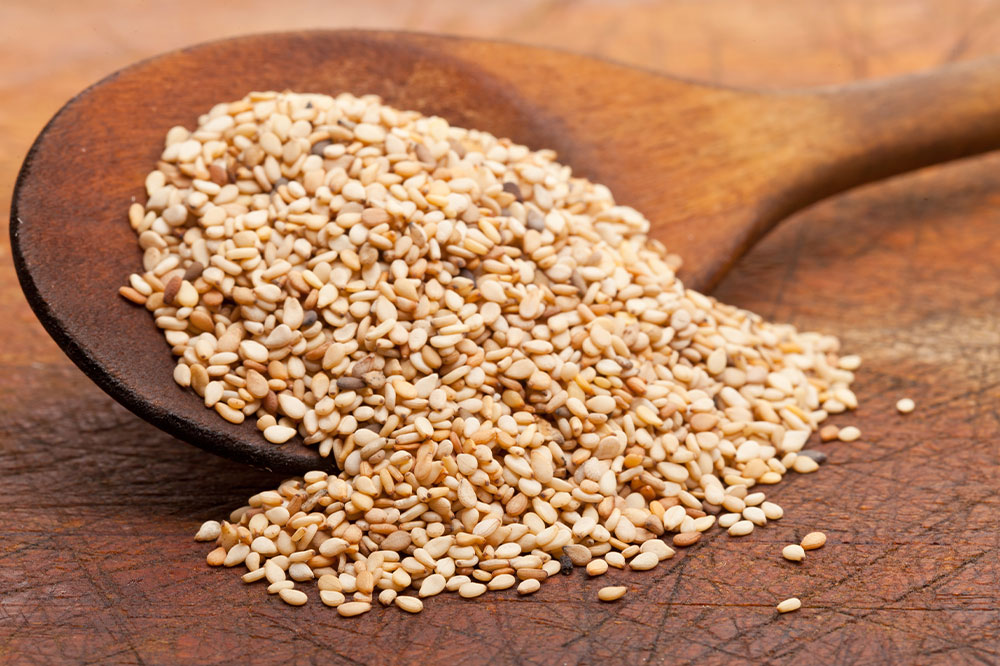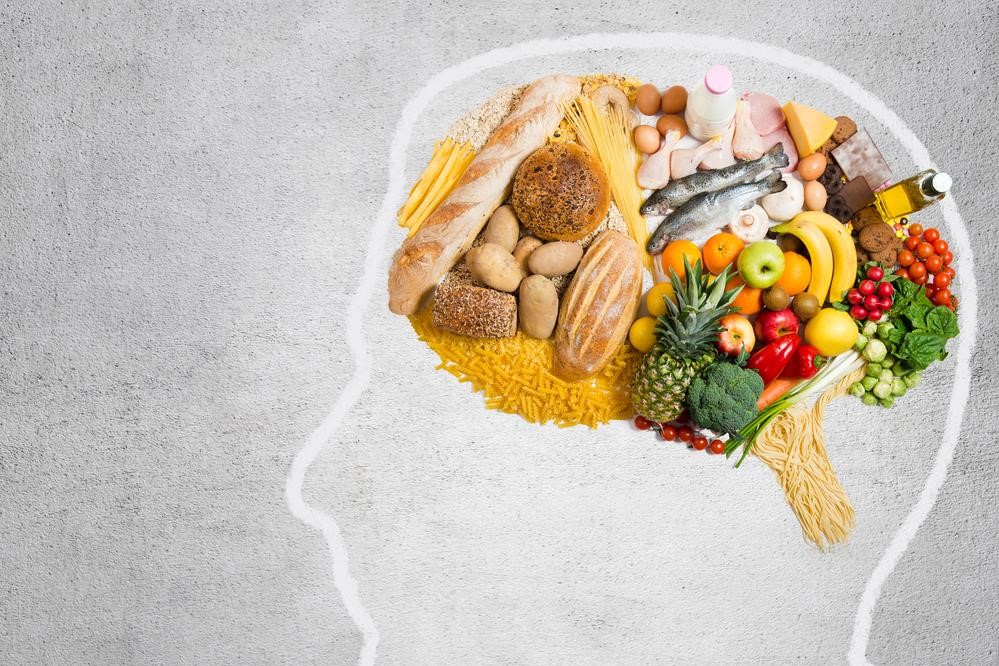Essential Nutrients That Can Help Alleviate Symptoms of Depression and Improve Mental Well-being
This comprehensive guide explores the top five nutrient-rich foods that can naturally alleviate depression symptoms. Including berries, nuts, green vegetables, avocados, and mushrooms, the article highlights how diet plays a crucial role in mental health. Backed by scientific research, these foods support neurotransmitter function, reduce inflammation, and promote gut health, empowering individuals to take a holistic approach to managing depression alongside medical treatments. Learn how simple dietary changes can contribute to improved mood and overall mental well-being.

Essential Nutrients That Can Help Alleviate Symptoms of Depression and Improve Mental Well-being
Depression is recognized as one of the most challenging mental health conditions affecting millions worldwide. It impacts a person's mood, thoughts, behavior, and overall quality of life. When left untreated, depression can lead to severe consequences, including social withdrawal, decreased productivity, and even increased risk of suicidal ideation. While traditional treatments often involve psychotherapy and medication, recent research underscores the significance of nutrition in managing and alleviating depression symptoms. Incorporating specific nutrient-dense foods into your diet can serve as a complementary approach to mental health care, providing essential nutrients that support brain function, emotional stability, and overall wellness.
Understanding the connection between diet and mental health has become a key area of research, highlighting how certain foods can influence neurotransmitter production, reduce inflammation, and promote a balanced mood. Below are some of the most potent foods known for their mood-enhancing properties, supported by science, and recommended for those seeking natural ways to improve their mental well-being.
1. Berries: A Rich Source of Antioxidants
Berries, including strawberries, blueberries, raspberries, and blackberries, are highly valued for their high antioxidant content. Antioxidants fight oxidative stress and reduce inflammation, factors linked to depression. Numerous studies have shown that diets rich in antioxidants can help lower depressive symptoms over time by protecting brain cells from damage and supporting neurotransmitter function. Berries are also packed with vitamins and phytochemicals that promote overall mental health, making them an excellent addition to a mood-boosting diet.
Moreover, berries have additional health benefits—they support immune function and may lower the risk of chronic illnesses such as heart disease and certain cancers. Their sweet yet tart flavor makes them easy to incorporate into smoothies, yogurt, salads, or enjoyed on their own.
2. Nuts and Seeds: Brain Power in a Healthy Package
Nuts and seeds are exceptional sources of healthy fats, particularly omega-3 fatty acids, which are crucial for maintaining optimal brain health. Walnuts, flaxseeds, chia seeds, and hemp seeds contain high levels of these beneficial fats, which have been linked to improvements in mood, cognitive function, and emotional regulation. Omega-3 fatty acids help reduce inflammation and support neuronal communication, making them vital for mental stability.
In addition to omega-3s, nuts and seeds are rich sources of magnesium, vitamin E, and other nutrients that combat oxidative stress and support neurochemical balance. Incorporate a handful of mixed nuts or sprinkle seeds over oatmeal, salads, or yogurt to reap their mood-enhancing benefits.
3. Dark Green Vegetables: Nutrient-Dense Leafy Greens
Green vegetables like spinach, kale, collard greens, and Swiss chard are often called superfoods due to their dense nutrient profile. These vegetables are loaded with essential vitamins such as A, C, E, and K, along with phytochemicals that have anti-inflammatory properties. Chronic inflammation has been linked to depression, so consuming greens can help mitigate this risk.
Furthermore, these vegetables support a healthy gut microbiome, which recent studies show plays a significant role in mental health via the gut-brain axis. Including leafy greens in your diet can enhance immune function and improve mood stability, making them an indispensable part of a mental health-conscious diet.
4. Avocado: The Nutritional Powerhouse
Avocados are known as superfoods because of their rich content of monounsaturated fats, which are healthy fats essential for brain function. These fats help maintain the cell membrane integrity in the brain and facilitate efficient neurotransmitter signaling. Additionally, avocados provide essential vitamins such as K, B, C, and E, as well as fiber, which supports gut health—a critical factor in mental health.
Consuming avocados regularly may help alleviate emotional distress and promote relaxation. Their creamy texture and mild flavor make them versatile for salads, spreads, smoothies, or simply enjoyed on their own.
5. Mushrooms and Fungi: Boosting Serotonin and Gut Health
Fungi, especially edible mushrooms like shiitake, maitake, and reishi, contain unique compounds that influence blood sugar regulation and support gut bacteria diversity. These effects are crucial because the gut microbiome produces a significant portion of the body’s serotonin— the neurotransmitter responsible for feelings of happiness and calmness.
By promoting gut health, mushrooms can indirectly improve mood and reduce symptoms of depression. Some studies even suggest that certain types of medicinal mushrooms have adaptogenic properties, helping the body respond better to stress. Incorporate mushrooms into soups, stir-fries, salads, or as a side dish to harness their mental health benefits.
Holistic Approach to Managing Depression
While focusing on these nutrient-rich foods can significantly support mental health, a comprehensive approach involves combining dietary strategies with medical guidance. Consult healthcare professionals for personalized treatment plans, which may include psychotherapy and medications such as FDA-approved drugs like LATUDA® (lurasidone HCl), proven effective for bipolar depression and other mood disorders during clinical trials. Dietary improvements should complement, not replace, professional treatment.
In conclusion, managing depression involves a multifaceted strategy that prioritizes both mental health treatments and nutritional adequacy. By incorporating these five powerful foods into your daily diet, you can take proactive steps toward supporting your mental and emotional resilience naturally. Remember, maintaining a balanced diet alongside professional healthcare guidance is the key to better mental health and overall well-being.





